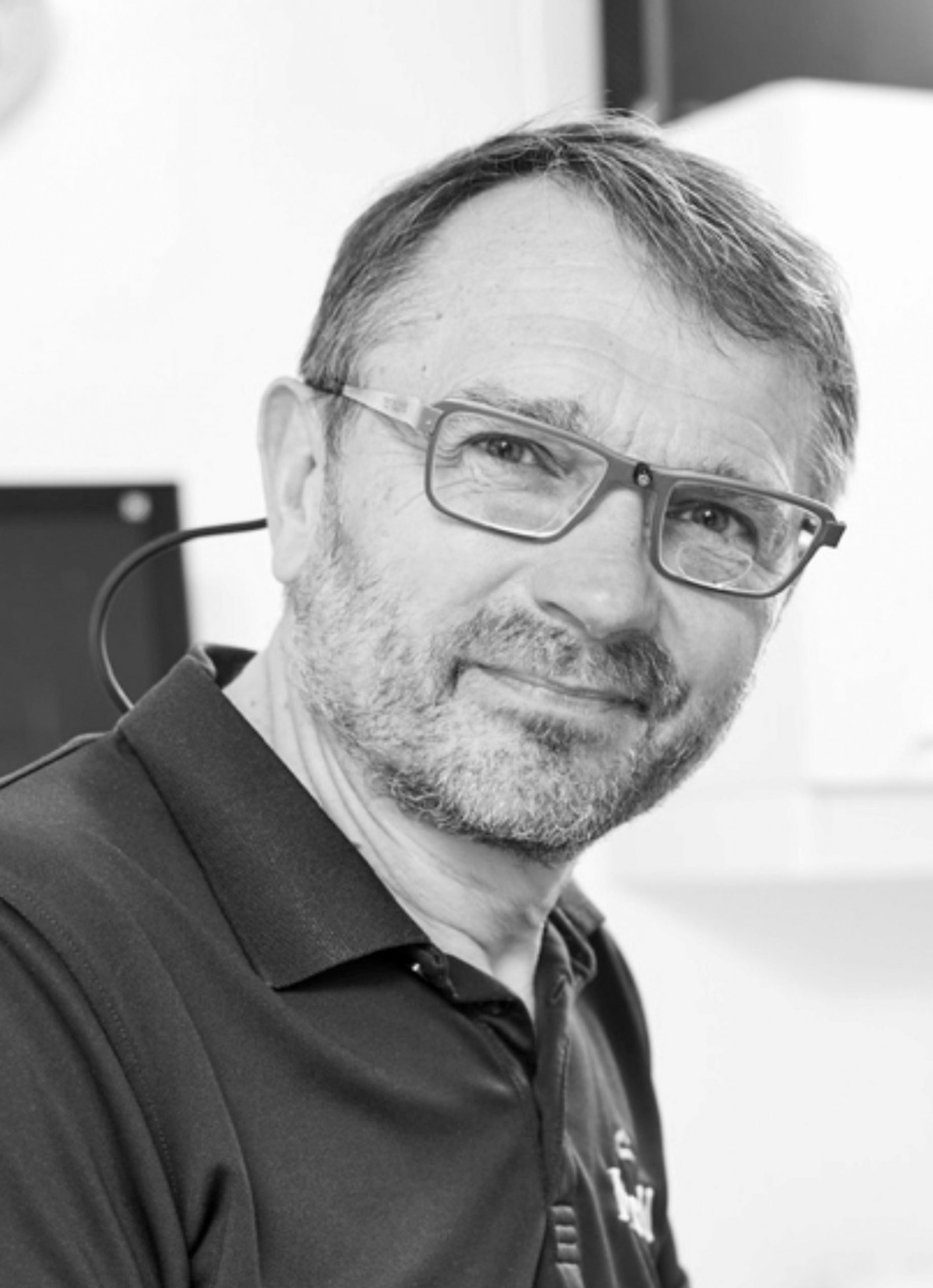2024 was a year marked by the European elections, the re-shuffling of the European Parliament seating configuration and the establishment of a new strategic political agenda and policy work programme guiding the European Union mandate over the 2024-2029 period. The renewal of the European political landscape coincided with the final year of my mandate as well as my re-election as CED President for a 3-year period in November 2024. This year was the opportunity for reviewing past policy accomplishments and developments and reevaluating ongoing or new challenges. This includes juggling emerging expectations and uncertainties relating to the accelerated use of digital health tools and the advancement of artificial intelligence in dental treatments and education, backed by substantial legislation such as the European Health Data Space and the Artificial Intelligence Act.
The CED therefore reaffirms its commitment to building a strong and well-equipped European dental workforce. This has been done by continuously prioritising policy work around the Professional Qualifications Directive and the update of stronger clinical training requirements, including for the recognition of professional qualifications and the upkeep of strong standards in recognition of third-country diplomas and for ensuring patient safety, the European Health Data Space and the introduction of safeguards and support for dampening increasing bureaucratic burden on small dental practices.
We have also directed our focus to various European policies and upcoming legislation around artificial intelligence, ensuring that digital developments do not come at the expense of effective patient care, and that AI technology is also carried out in the presence of a dentist, including in the case of Do-It-Yourself (DIY) or Direct-To-Consumer (DTC) orthodontics. We have also upkept rigorous work to ensure ongoing high-quality and efficacy of dental treatments carried out with the help of dental devices, by ensuring the Medical Devices Regulation does not undermine availability of safely proven dental devices through burdensome re-certification processes.
As President at the start of my second mandate, the CED has and will pursue its role in supporting our members’ advocacy activities in the fields of self-regulation, use of medical devices, prevention, education and training and digital dentistry. I was able to attend, for this purpose, national annual meetings and events held by CED members in Germany, Norway, Lithuania and the Czech Republic in 2024.
The CED also extended its activities engaging with European and international partner organisations, by participating and collaborating with the European Regional Organisation (ERO) of the World Dental Federation (FDI) on the topic of corporate dentistry, but also accelerated its participation in events and meetings with the Federation of European Dental Competent Authorities and Regulators (FEDCAR), the Association for Dental Education in Europe (ADEE), the European Dental Students’ Association (EDSA) and the Standing Committee of European Doctors (CPME).
The next five years will be decisive in shaping the future of the European dental profession and for strengthening European cross-sectorial cooperation in areas of crucial importance, taking into account technological and digital advancements, alleviation efforts of emerging risk-factors and prevention, antimicrobial resistance, changes in the European workforce landscape and dynamics, increasing economic uncertainty and insecurity.
Dr. Freddie Sloth-Lisbjerg
President (Denmark)

